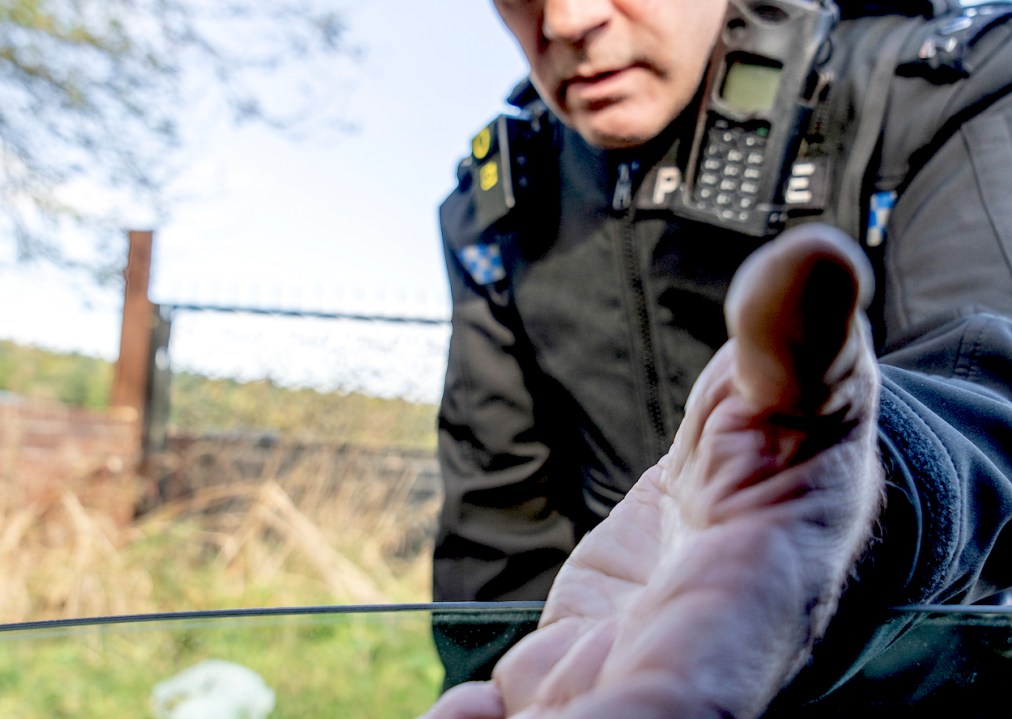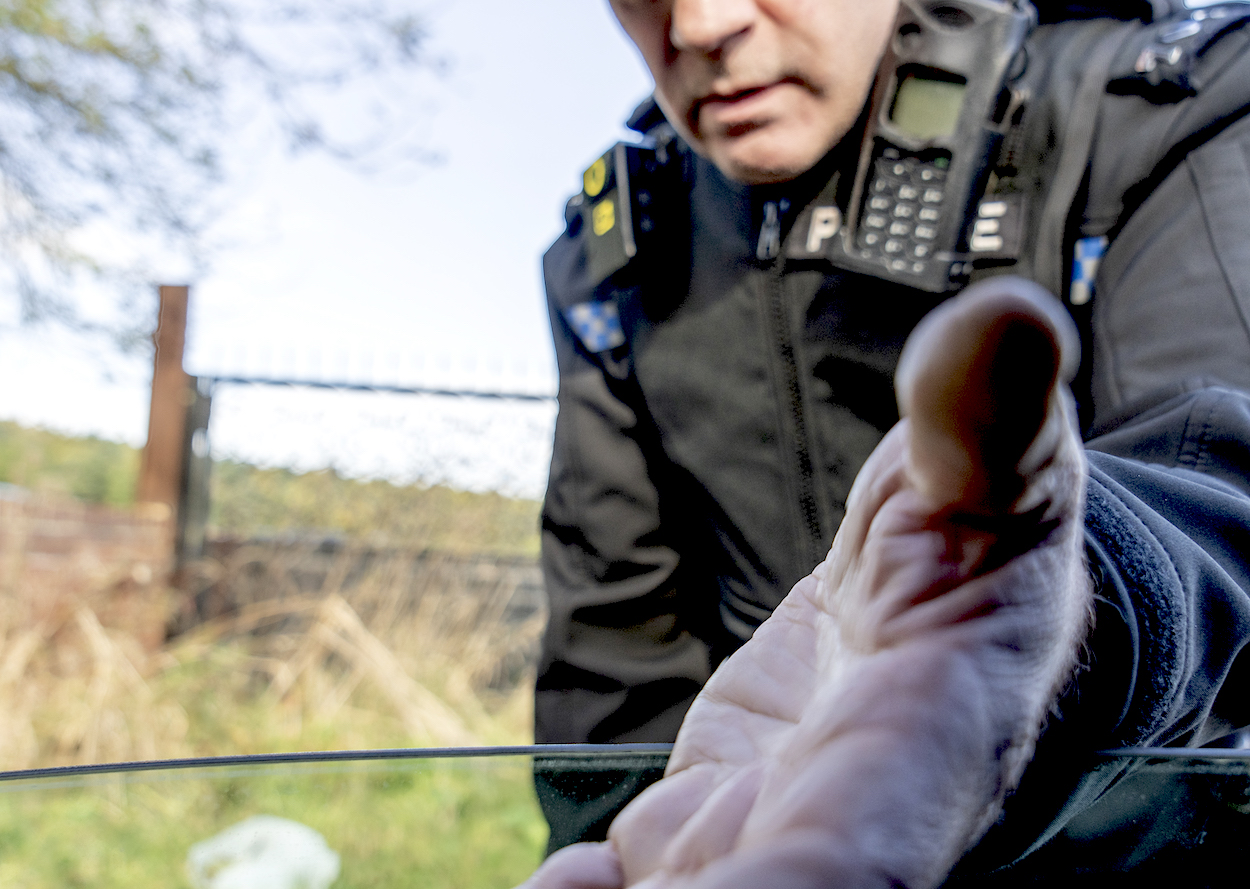Back in 2009, when the Labour government piloted a voluntary biometric identity card, I signed up immediately. In fact – claim to fame – since the scheme was actually launched in my hometown of Greater Manchester, I was one of the first in the country to acquire this pioneering piece of ID. Mine for just 30 quid.
Why the enthusiasm? It simply seemed a pragmatic thing to do. No rooting around for dog-eared gas bills to prove I wasn’t a phoney. Or living in fear of losing my passport when travelling across Europe.
I didn’t for a moment consider whether the card could compromise my privacy or expose my darkest secrets. Apart from a few points on my licence and an incurable urge to rearrange name place settings at weddings (otherwise I always get the golf club bore) I’d led a blameless life. If you’ve got nothing to hide, I told sceptics on repeat, you’ve got nothing to lose.
Yet many friends and colleagues baulked at what I’d done. Naturally some delivered unsolicited lectures about how ID cards infringe civil liberties. Others, in pointing out that I was Jewish, invoked the bleak ghosts of human history. How could I not shrink from the chilling resonance of ‘show me your papers’? Neither approach landed a punch.
I simply loved the convenience of this credit card-sized piece of plastic. And if critics wanted to weaponise the bleak authoritarianism of the past, catastrophising that ID cards were instruments of persecution, I’d point – oh the irony! – to Israel. A country where everyone is issued with a Teudat Zehut (personal identification card) upon turning 16. So clearly not intrinsically problematic. The Jewish state is constantly and often unfairly accused of being many things, but as a liberal western democracy it could hardly be badged inherently dystopian. Just supremely security conscious – as the UK should be.
And so with Keir Starmer expected to announce plans for a compulsory UK-wide digital ID scheme, for once I find myself in agreement with this otherwise lame duck government.
The mooted ‘Brit card’ will verify a citizen’s right to live and work in the UK. Anyone starting a new job or renting a home will need to show the card on their phone. This will then be checked against a central database of those entitled to work and live here.
As such, the Government hopes this mandatory identification project will staunch the flow of illegal immigrants and help to modernise ‘the state’.
However, protesters still bristle at the idea. Even though recent polling found that not only do people want immigration curtailed, but that they might also want to see large-scale removals of illegals too.
Meanwhile, those same worthy detractors hand over reams of personal information without missing a beat for supermarket loyalty cards and when they sign up for gym membership. As for concerns about digital security: passports already have chips; banking is largely online; and many people treat their phones as a one-stop control panel for their very existence.
So if you’re already surrendering data so freely, why treat an official ID card as uniquely Orwellian? To me, these cards are just a neat, easy way to prove who you are: a personalised number confirmed by biometrics.
I mourned my ID card’s expiration
During the ten years I owned my 2009 card – its lifespan was honoured even after the scheme was axed by the Conservative-Liberal Democrat coalition the following year – I never once felt remotely as if I was under surveillance. Instead, and on countless occasions, I seamlessly proved my identity while others fumbled for ways to confirm age or authenticity In fact, I was such an evangelist for the cause that I was even invited to speak in defence of the card at a parliamentary select committee. When the card reached the end of its shelf life, I mourned its expiration.
There is, however, one caveat: given this government couldn’t run a bath, let alone a complex tech project, any ID scheme must be hack-proof, glitch-free, and easy to update – without bankrupting the taxpayer. That’s why I firmly believe a physical card like the one I once owned is preferable to digital credentials downloaded onto a smartphone Not everyone uses this kind of mobile. Even if you do have a smartphone, handsets can still break, phones get stolen, or the batteries fail at critical moments, A card in your pocket is harder to hack and offers a form of reliability that’s hard to beat.
Doubtless whatever form compulsory ID takes, there will always be those who flinch at the idea of the apparatus of state knowing where we are, of the fabled Big Brother tracking our movements, framing our situation and ruling our lot. To which I say: so what? I’ll show you my papers. There’s nothing to see here.








Comments